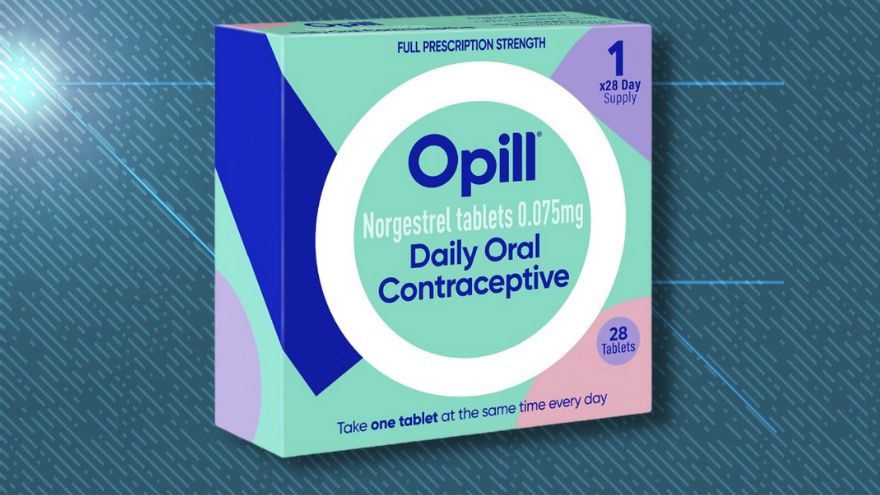The nation’s first over-the-counter birth control pill will be available in stores by the end of March.
Opill’s maker announced on March 4 that the product had been shipped to stores. The daily pill is sometimes referred to as a mini-pill because it contains only progesterone and does not have estrogen. It is the first birth control pill to be available without a prescription in the United States.
"We have been working on it for nine years… And it's been kind of full-steam ahead since that day," said Triona Schmelter, an executive at the Opill’s manufacturer Perrigo, to NPR.
The Food and Drug Administration approved the pill in July. The agency estimated that almost half of the average 6.1 million pregnancies in America each year are unintended and suggested that Opill could reduce the number of unplanned pregnancies.
“Today’s approval marks the first time a nonprescription daily oral contraceptive will be an available option for millions of people in the United States,” said Mr. Patrizia Cavazzoni, the director of the FDA’s Center for Drug Evaluation and Research, in a press release on July 13. “When used as directed, daily oral contraception is safe and is expected to be more effective than currently available nonprescription contraceptive methods in preventing unintended pregnancy.”
Side effects of the pill include bleeding, headaches, dizziness, nausea, increased appetite, abdominal pain, cramps or bloating. The FDA warned women who have previously had breast cancer not to use Opill.
The substances used in the drug were approved by the FDA in 1973. The new, prescription-free form is said to be between 93% to 98% effective at preventing pregnancy and starts working within 48 hours after the first dose.
Opill will be available at major retailers in the family planning aisles alongside condoms and pregnancy tests. It will also be available on Opill.com as well as on other online marketplaces. A one-month supply will cost $19.99 while a three-month supply will cost $49.99 and a six-month supply will cost $89.99. Opill will also offer a patient assistance program for consumers who don’t have insurance and can’t afford the product.
“Although birth control pills are available to people with insurance without a copay due to the Affordable Care Act, not everyone wants their birth control pill to show up on their insurance, so they may choose to pay out of pocket,” noted NPR.
Proponents of over-the-counter products believe that it will broaden access to birth control and benefit younger Americans.
"Opill's suggested retail price will create barriers to access, especially for young people and those working to make ends meet,” Victoria Nichols, the project director of Free the Pill, told NBC News.
Birth control has fallen under heightened scrutiny in recent years. Hormonal birth control has been linked to increased rates of depression, dysregulated perception of fear, chronic inflammation, and cancer.
In 2019, the contraceptive pill market was forecasted to surpass $20.5 billion.

